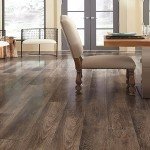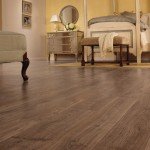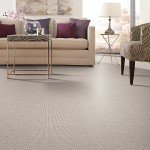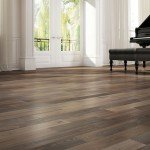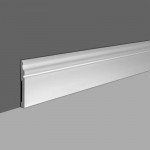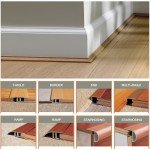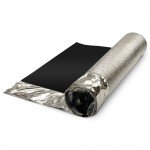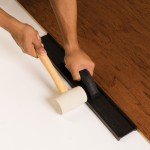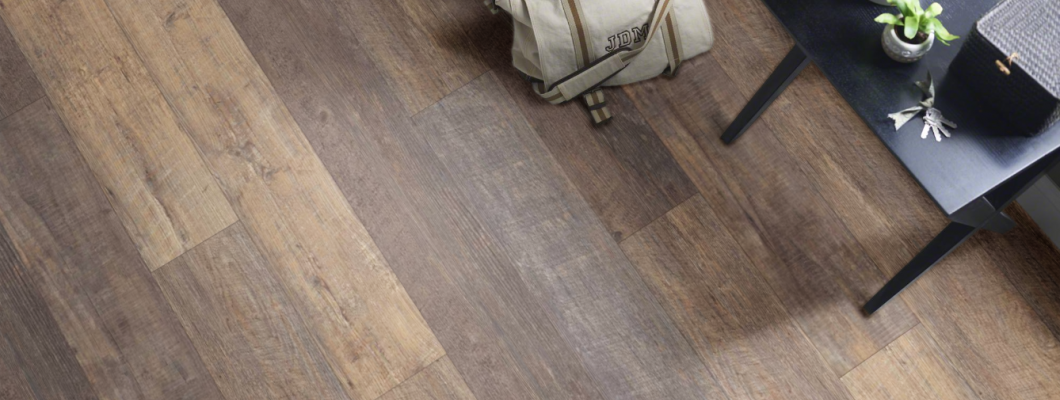
Vinyl plank flooring, also known as luxury vinyl flooring, is a popular option for homeowners who want the look of hardwood or tile floors without the high cost and maintenance requirements. While there are several benefits to vinyl plank flooring, there are also some drawbacks that homeowners should consider before making a decision. In this article, we will review the pros and cons of vinyl plank flooring to help you make an informed decision for your home.
Pros:
Affordable:
Vinyl plank flooring is often more affordable than hardwood or tile flooring, making it a popular choice for budget-conscious homeowners.
Easy to install:
Vinyl plank flooring can be installed over most existing floors, including concrete, wood, and vinyl. It can also be installed as a floating floor, which means it can be installed without nails or glue.
Low maintenance:
Vinyl plank flooring is easy to clean and maintain, as it is resistant to stains and water damage. It can be swept or vacuumed regularly to keep it looking clean and new.
Variety of styles:
Vinyl plank flooring comes in a variety of styles and colors, including options that mimic the look of hardwood, tile, and stone.
Comfortable:
Vinyl plank flooring is softer underfoot than hardwood or tile, making it a more comfortable option for standing or walking on for long periods of time.
Cons:
Durability:
While vinyl plank flooring is resistant to water damage, it is not as durable as hardwood or tile. It can scratch or dent easily, especially if heavy furniture is placed on it.
Environmental impact:
Vinyl plank flooring is made from PVC, which is not an environmentally friendly material. It can also release harmful chemicals into the air during manufacturing and installation.
Limited lifespan:
Vinyl plank flooring typically has a lifespan of 5-10 years, which is shorter than hardwood or tile flooring. It may need to be replaced more frequently, which can add to the long-term cost.
Lower resale value:
Vinyl plank flooring may not add as much value to a home as hardwood or tile flooring, which could affect the resale value of the home.
Sound:
Vinyl plank flooring can be noisy, especially in high-traffic areas. This can be mitigated by adding an underlayment, but it will increase the cost and installation time.
In conclusion, vinyl plank flooring is an affordable, low-maintenance option for homeowners who want the look of hardwood or tile without the high cost and maintenance requirements. While there are some drawbacks, such as limited durability and environmental impact, these may be outweighed by the benefits for some homeowners. Ultimately, the decision to install vinyl plank flooring will depend on your specific needs and preferences.

